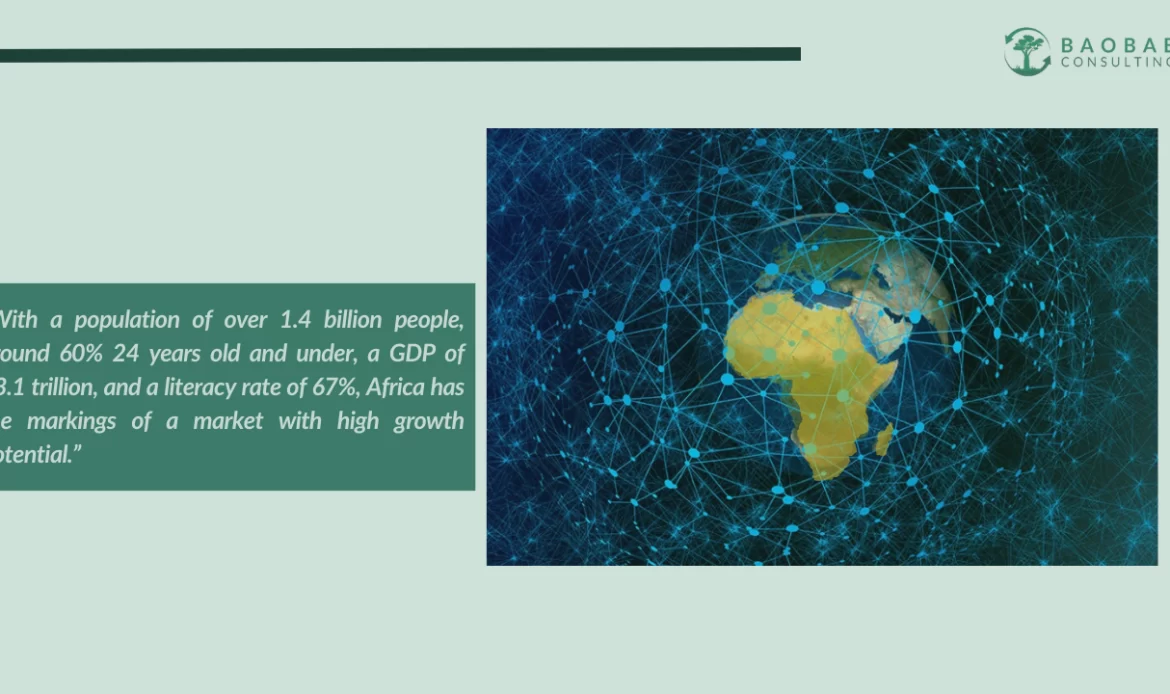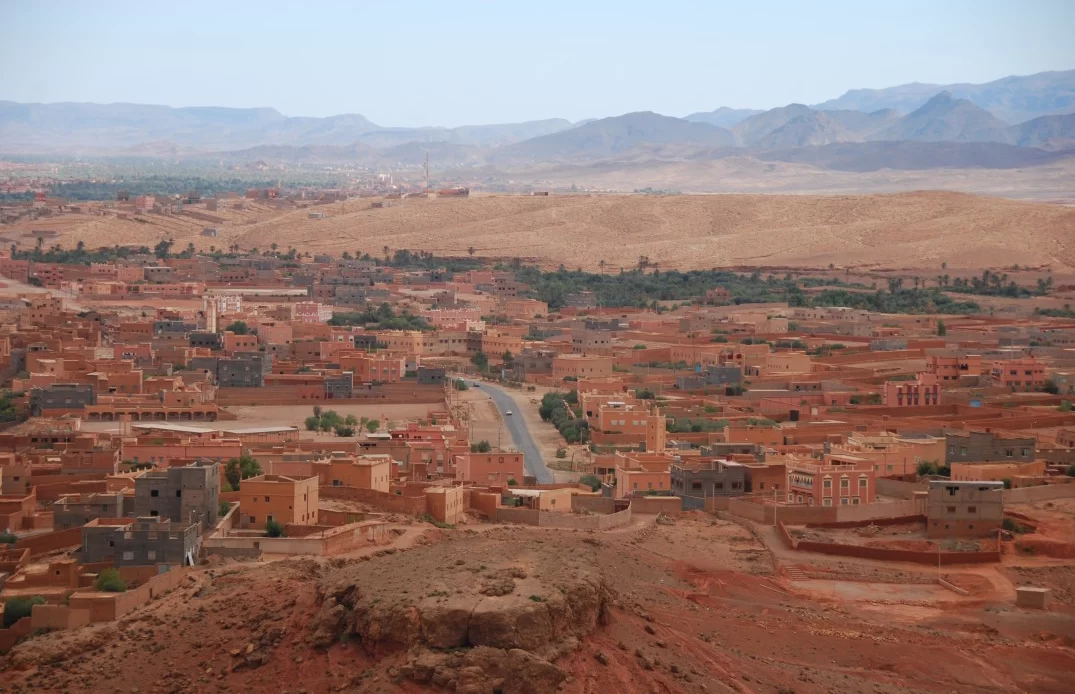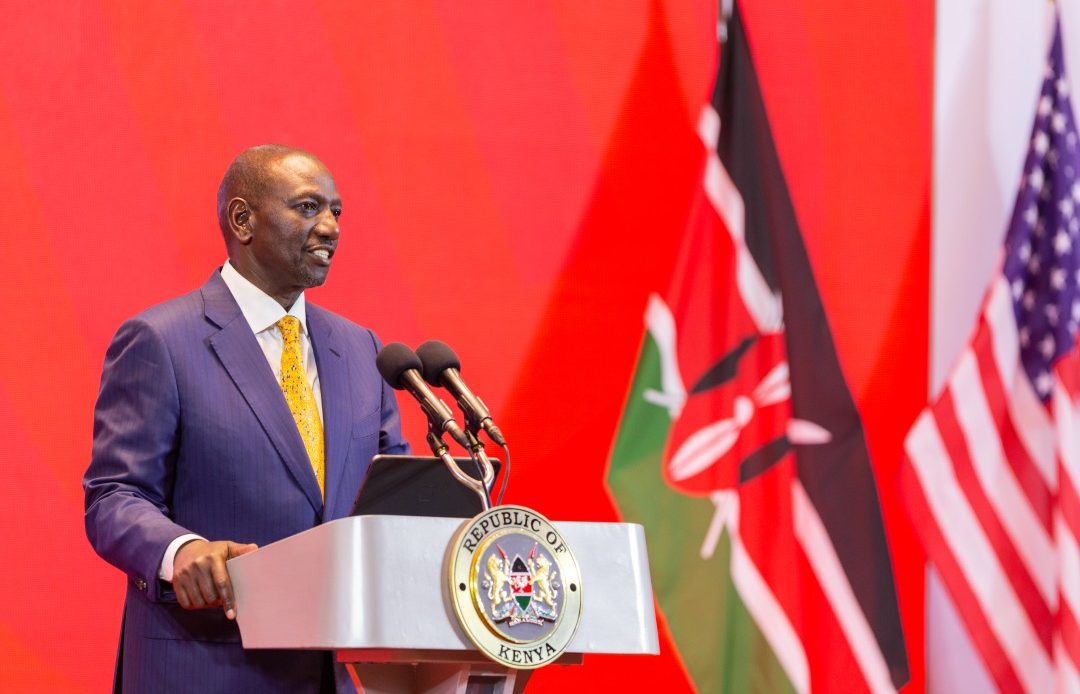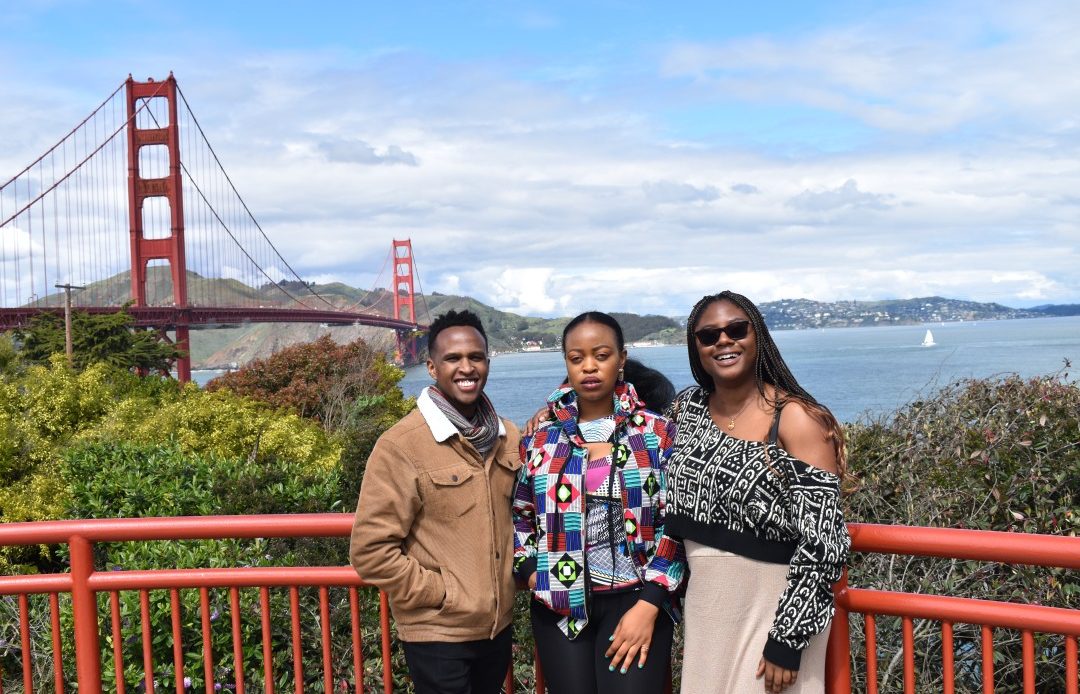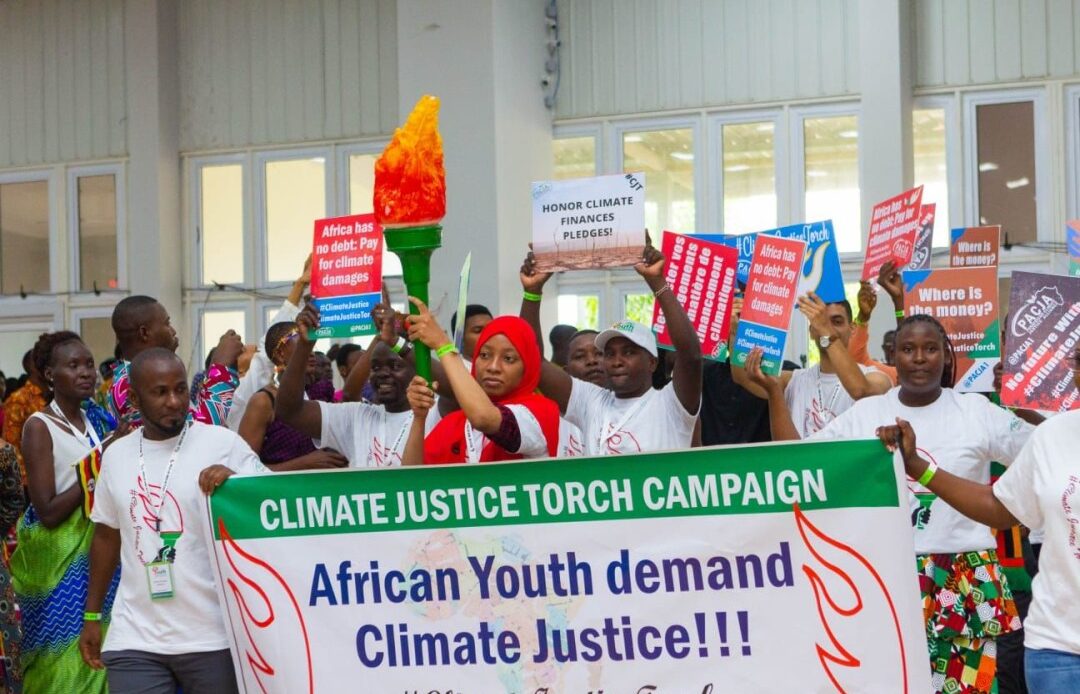Last week, I had the opportunity to participate in the African Higher Education Summit, welcoming nearly five hundred delegates including government officials, private sector stakeholders and university chancellors from across the continent. They met to discuss how to reinvigorate African higher education.
Kofi Annan was the keynote speaker, alongside Dr. Nkosazana Dlamini-Zuma, chairperson of the African Union and Macky Sall, president of Senegal. Oby Ezekwesili, former VP of World Bank Africa and champion of the #BringBackOurGirls campaign, also gave a rousing speech about the importance of good governance in all development efforts in Africa.
Kofi Annan said in his
The purpose of this summit was to address the needs of students. According to Mansour Diallo from the Virtual University of Senegal, this summit came at the perfect moment. Africans are conscious of their potential, and he is proud it took place in his home country. He believes the solutions for higher education need to come from within Africa, a subject that was touched upon in many discussions throughout the summit.
Thierno Ngom, president of the Student Research Association of the Alione Diop de Bambey University, noted he is excited to see despite the challenges students face in Senegal, there have been steps towards progress and the system is actually being used as a model in many discussions His classmate, Ousseynou Cisse, noted that in order to learn from other systems, though, it is not as simple as cutting and pasting. We need to look at local realities before adapting the models of others.
Another hot topic of the summit was about the
The students at the conference were concerned about the lack of student representation from other countries. They wanted to mingle with others to talk about solutions they want for their own education. On a panel on national building and citizenship, Professor Godwin Murunga from Kenyatta University in Nairobi suggested that issues of Panafricanism are not resonating with the youth generation, and they are not thinking beyond borders. This would have been a perfect opportunity to engage youth in a conversation about thinking beyond borders and future of their continent.
Additionally, the students noted that during panels, speakers should have solicited questions from them, making it easier for them to voice their concerns in a public forum. They wanted to speak up, but often felt overpowered by those older and more experienced. Additionally, they fear ultimately, leaders will do what they want, without considering their needs.
In this light, I urge everyone who is working on the

